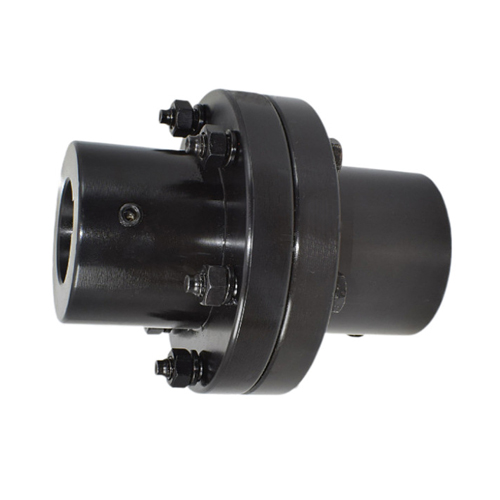Products Description
Flange CouplingIt Is A Rigid Coupling Mainly Composed Of Two Flanged Half Couplings And Connecting Bolts, Which Achieve Torque Transmission Through The Tight Fit Of The Flange End Face. The Structure Is Simple And The Transmitted Torque Is Large.
The Half Coupling Is Usually Forged Or Cast From 45 Steel, Strengthened By Heat Treatment, And Fixed At Both Ends To The Driving Shaft And The Driven Shaft Through Key Connections. The Flange End Face Is Machined With A Positioning Stop Or Shoulder. During Installation, The Two Axes Are Coaxial By Fitting The Stop, And Then Fastened With High-strength Bolts To Ensure No Relative Displacement During The Transmission Process.
This Coupling Has No Elastic Components And Cannot Compensate For Shaft Offset Or Shock Absorption, So It Requires Extremely High Precision For Two Shaft Centering (radial Deviation ≤ 0.03mm, Angular Deviation ≤ 0.05 °/m). It Is Suitable For High-power Transmission Scenarios With Stable Speed, No Impact Vibration, And Good Centering, Such As The Connection Between Motors And Pumps, Compressors, Rolling Mills, And Other Equipment.
The Advantages Of Flange Couplings Are Compact Structure, Low Cost, Easy Maintenance, And A Wide Range Of Torque Transmission (from Tens To Thousands Of Newton Meters), With A Permissible Speed Of Over 3000r/min. However, It Should Be Noted That Bolts Need To Be Designed According To Shear Strength, And Should Be Tightened Evenly During Installation To Avoid Uneven Stress On The End Face. Long Term Use Requires Checking For Bolt Looseness And End Face Wear To Prevent Transmission Failure. Due To Its Rigidity, It Is Not Suitable For Working Conditions With Frequent Start Stop Or Significant Shaft Displacement.







